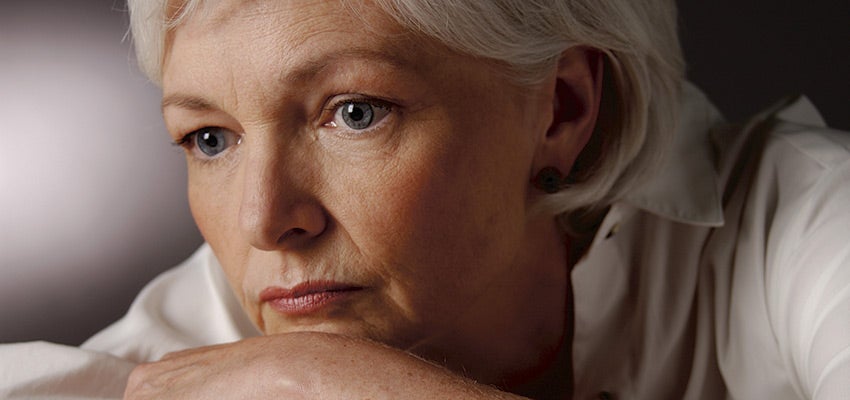Aftermath of storm can create mental issues
Published 12:00 am Sunday, September 10, 2017
In the wake of Harvey’s path of destruction, Southeast Texans continue to clean up and rebuild—their homes, their cars, their property. However, one aspect that may get overlooked is their mental well-being; and, as health experts would agree, it is something just as important as their physical and financial well-being.
Clinical Director for Samaritan Counseling Center Julie Castaneda spoke on some of the issues individuals could face after going through a traumatic incident like Harvey, and how to respond to them should they have to face them.
“As time goes on, (mental) stress continues and the chance of post-traumatic stress disorder (PTSD) with it,” Castaneda said.
A free Grief/Harvey support group will begin Monday
Castaneda cautioned that some people might experience symptoms like shock, disbelief and difficulty in thinking clearly.
“After trauma, people may feel moody, depressed or anxious.”
She made a special mention of children and volunteers, proving that mental trauma makes no distinction between age or philosophy.
“(Children) may have difficulty concentrating, thinking, or just behaving. Some may start having nightmares,” Castaneda said.
“I’m also thinking of the volunteers. At some point, they’re going to finish their outreach… and, when they go back home, they’ll have water damage in their own homes.”
In detailing the warning signs family or loved ones should watch out for, Castaneda listed the following: feelings of disorientation, trouble thinking clearly, sleeping too much or too little, eating too much or too little, anxiety and/or feelings of emptiness.
Of course, exhibiting any of these symptoms in response to loss is natural; but, if any of the symptoms persist for weeks or even months, then one may want to seek professional help.
“It’s OK to feel sad for some of these things for a while,” Castaneda said. “But not for days, weeks or months.”
Keeping safe and around people may be the best remedy, both long-term and short-term, she said.
“Obviously, the first thing people need to do is to be in a safe place. Food, water and shelter so they can feel safe,” Castaneda said. “It’ll make them feel more calm.
“They (also) need to connect with other people and not be isolated.”
Castaneda stressed that people should take care of themselves—making sure to eat and get enough sleep—especially in times like these. She also recommended having goals, as in something to work toward and look forward to.
“It could be a goal of rehabilitating a house or helping a family member,” she said.
“Also, something they could feel is gratitude. Being grateful for whatever they still have, even if it’s just their lives.”
As a means of testing oneself, Castaneda said Samaritan’s website (www.sccset.org) offers free screening tools such as a free mental health screening.
“You don’t have to put in any personal information,” Castaneda said. “It gives them results right there and provides resources on where they can find help.”
The service is offered in both English and Spanish.
“The main thing is for people to connect,” Castaneda said. “If they feel they are having an extra hard time, they should know there are people out there who care and want to help.”






